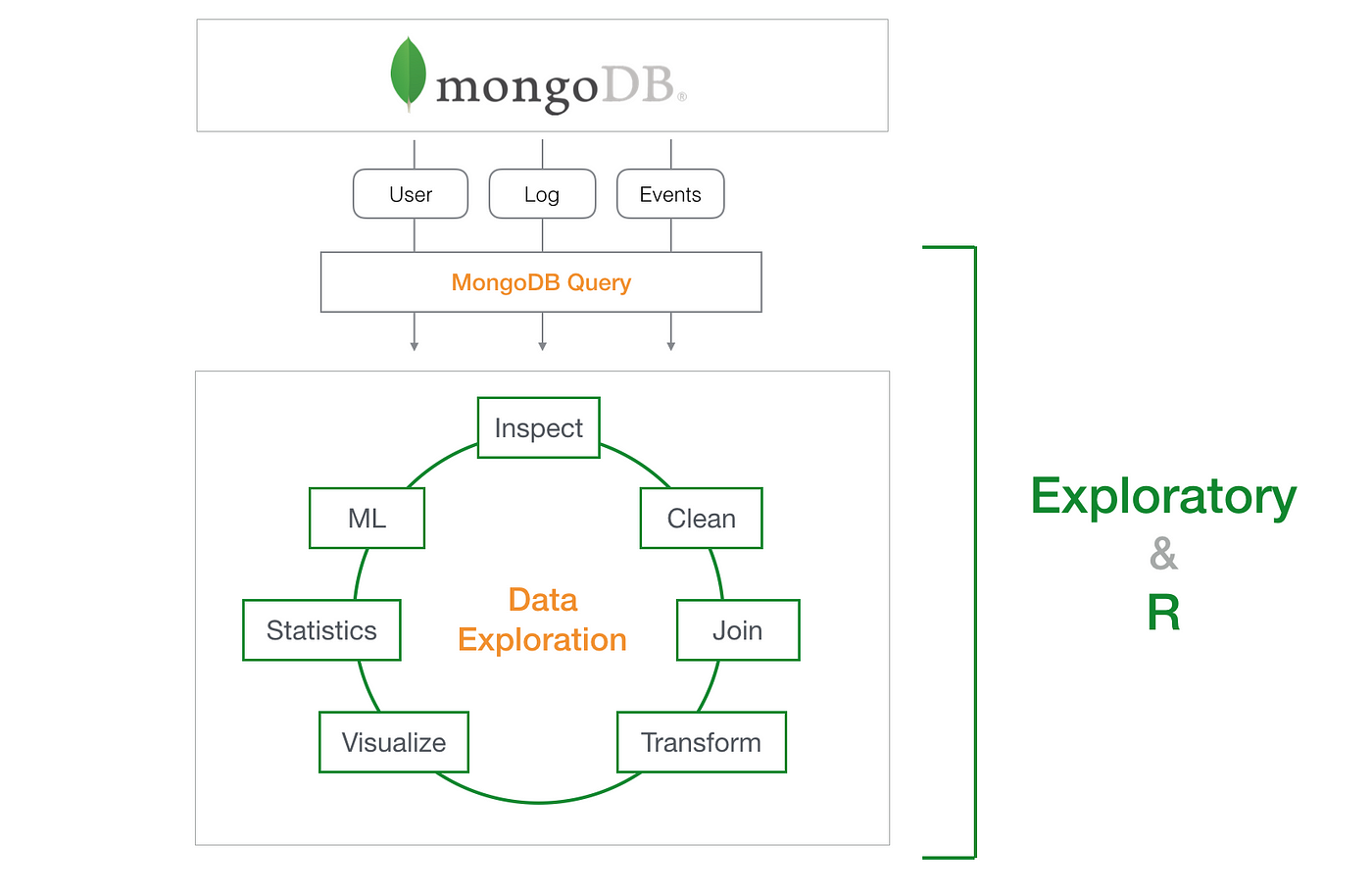Introduction to Indexing in MongoDB
🧩 *Introduction*
In MongoDB, querying large collections efficiently is essential for maintaining fast response times and optimal database performance. Just like an index in a book helps you quickly locate a topic, *indexes in MongoDB help the database engine locate documents quickly without scanning the entire collection.*
Understanding indexing is vital for students and developers working on real-world database systems, especially those involving large volumes of data or complex queries.
🔍 *What is Indexing in MongoDB?

*Indexing* is the process of creating special data structures that store a small portion of the collection's data in an easily searchable form. These structures help MongoDB locate and access the actual documents faster.
💡 Key Concepts:
| Term | Description |
| ---------------------- | --------------------------------------------------------- |
| *Index* | A data structure that improves search speed |
| *Query Optimization* | Indexes reduce the number of documents scanned |
| *Default Index* | MongoDB automatically creates an index on the _id field |
| *Compound Index* | Index on multiple fields |
| *Multikey Index* | Index on array fields |
⚙ *How Indexing Works*
Without an index:
* MongoDB performs a *collection scan* (scans every document).
With an index:
* MongoDB performs an *index scan*, jumping directly to the relevant document(s).
📈 *Why Indexing is Important (Especially for Students)*
| Benefit | How It Helps Students
| -------------------------------------- | ------------------------------------------------------------------------
| ✅ *Performance Boost* | Query response times are significantly faster, making projects scalable. |
| ✅ *Efficient Searching* | Students learn to write optimized queries with real-world impact. |
| ✅ *Academic Projects* | Useful in student projects like CRMs, LMS, library management systems. |
| ✅ *Interview & Career Prep* | Indexing is a frequently asked topic in technical interviews.
| ✅ *Hands-on with NoSQL Optimization* | Encourages understanding of backend performance tuning.
🛠 *Procedure: How to Create and Use Indexes in MongoDB*
🔸 Step 1: Insert Sample Data
javascript
db.students.insertMany([
{ name: "Akshat", department: "BCA", age: 21 },
{ name: "Sneha", department: "BBA", age: 22 },
{ name: "Ravi", department: "BCA", age: 23 }
])
🔸 Step 2: Check Query Without Index
javascript
db.students.find({ department: "BCA" }).explain("executionStats")
You’ll likely see a *COLLSCAN*, meaning a full collection scan.
🔸 Step 3: Create an Index
javascript
db.students.createIndex({ department: 1 })
1 indicates ascending order.
🔸 Step 4: Re-run the Query and Analyze
javascript
db.students.find({ department: "BCA" }).explain("executionStats")
Now you’ll see *IXSCAN*, meaning the index is being used.
📊 Types of Indexes in MongoDB
| Index Type | Description
| ------------------ | -----------------------------------------------
| *Single Field* | Index on one field
| *Compound Index* | Index on multiple fields
| *Multikey* | Index on array fields
| *Text Index* | Full-text search on strings
| *Hashed Index* | Optimized for sharded clusters
| *Wildcard Index* | Indexes on fields with unknown schema structure
📝 Conclusion
Indexing is a core concept in MongoDB that directly impacts performance and scalability. For students, learning how to use indexing effectively provides:
* Real-world database experience
* Better academic project quality
* A foundation for professional backend optimization
Mastering indexes helps students design faster, more efficient systems — a crucial skill in today’s data-driven tech landscape.
Aditya sharma
University: Shree Balaji University, Pune
School: School of Computer Studies
Course: BCA (Bachelor of Computer Applications)
Interests: NoSQL, MongoDB, and related technologies




Excellent!
ReplyDeleteGreat.!
ReplyDeleteVery Much Helpfull👍....
ReplyDeleteNice 👍
ReplyDeleteExcellent work and nice explanation
ReplyDeleteGreat!
ReplyDeleteOhhhh sharma
ReplyDeleteInsightful but seems to be copied from ChatGPT..
ReplyDeleteVery useful
ReplyDeleteWell done
ReplyDeletevery usefull wow
ReplyDeleteonce more
ReplyDelete